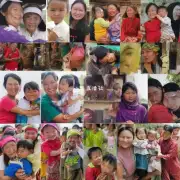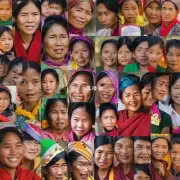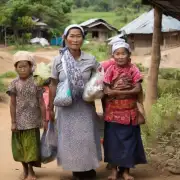缅甸女性如何看待健康和 wellness?
Health and Wellness for Burmese Women
In Myanmar, health and wellness are highly valued, and women are actively involved in promoting their own well-being and that of their families. Traditional practices and modern health interventions are intertwined to create a holistic approach to health.
Traditional Practices:
- Herbal Medicine: Traditional healers use a wide range of herbs and plants to treat various ailments.
- Massage Therapy: Traditional massage techniques, such as Thanaka and Myoho, promote relaxation and relieve stress.
- Dietary Practices: Traditional diets emphasize fresh, organic, and locally grown foods, which are believed to be healthier.
Modern Health Interventions:
- Health Insurance: Women actively participate in health insurance schemes, ensuring access to quality healthcare.
- Regular Check-ups: Women schedule regular check-ups with healthcare providers to monitor their health and receive preventive screenings.
- Nutrition Education: Women are provided with nutrition education and counseling to improve their dietary habits.
Health Priorities for Women:
- Family First: Women prioritize the health and well-being of their families, recognizing the importance of preventing and managing diseases.
- Healthy Lifestyle: Burmese women emphasize a balanced and healthy lifestyle, including regular exercise, a balanced diet, and adequate sleep.
- Mental Well-being: Mental health is recognized as an important aspect of overall health, and women seek support and counseling when needed.
Challenges and Opportunities:
- Gender Inequality: While health outcomes have improved, gender inequality remains a challenge, with women often having less access to education, healthcare, and economic opportunities.
- Traditional Practices: Some traditional practices may need to be adapted or integrated into modern healthcare systems.
- Access to Quality Care: Despite advancements, access to quality healthcare remains a challenge in rural areas and for marginalized communities.
Conclusion:
Health and wellness are highly valued in Myanmar, and women actively participate in promoting their own well-being and that of their families. Traditional practices and modern health interventions are intertwined to create a holistic approach to health. By addressing gender inequality, improving access to quality care, and promoting traditional practices, Myanmar can achieve improved health outcomes for all women.





